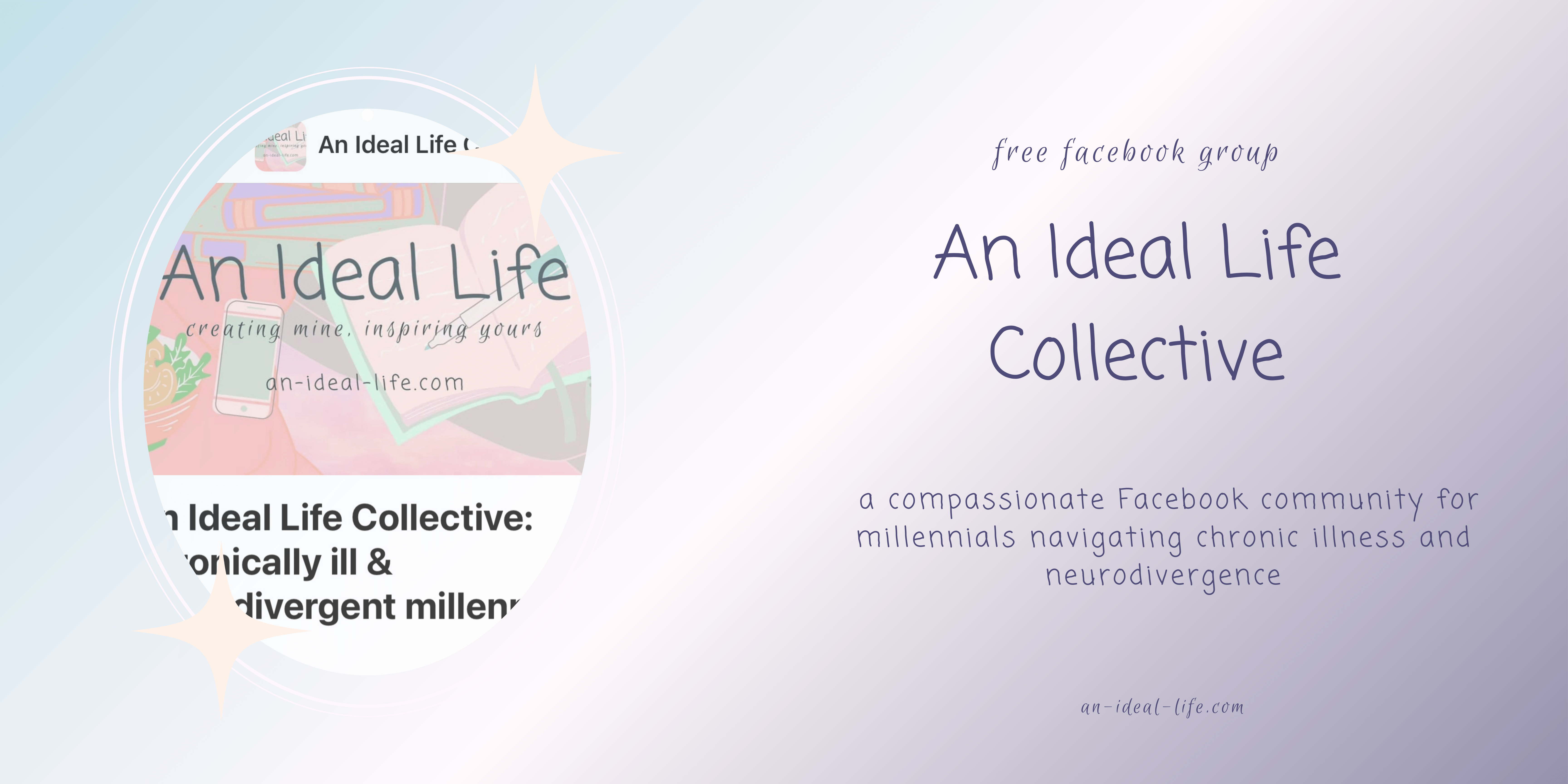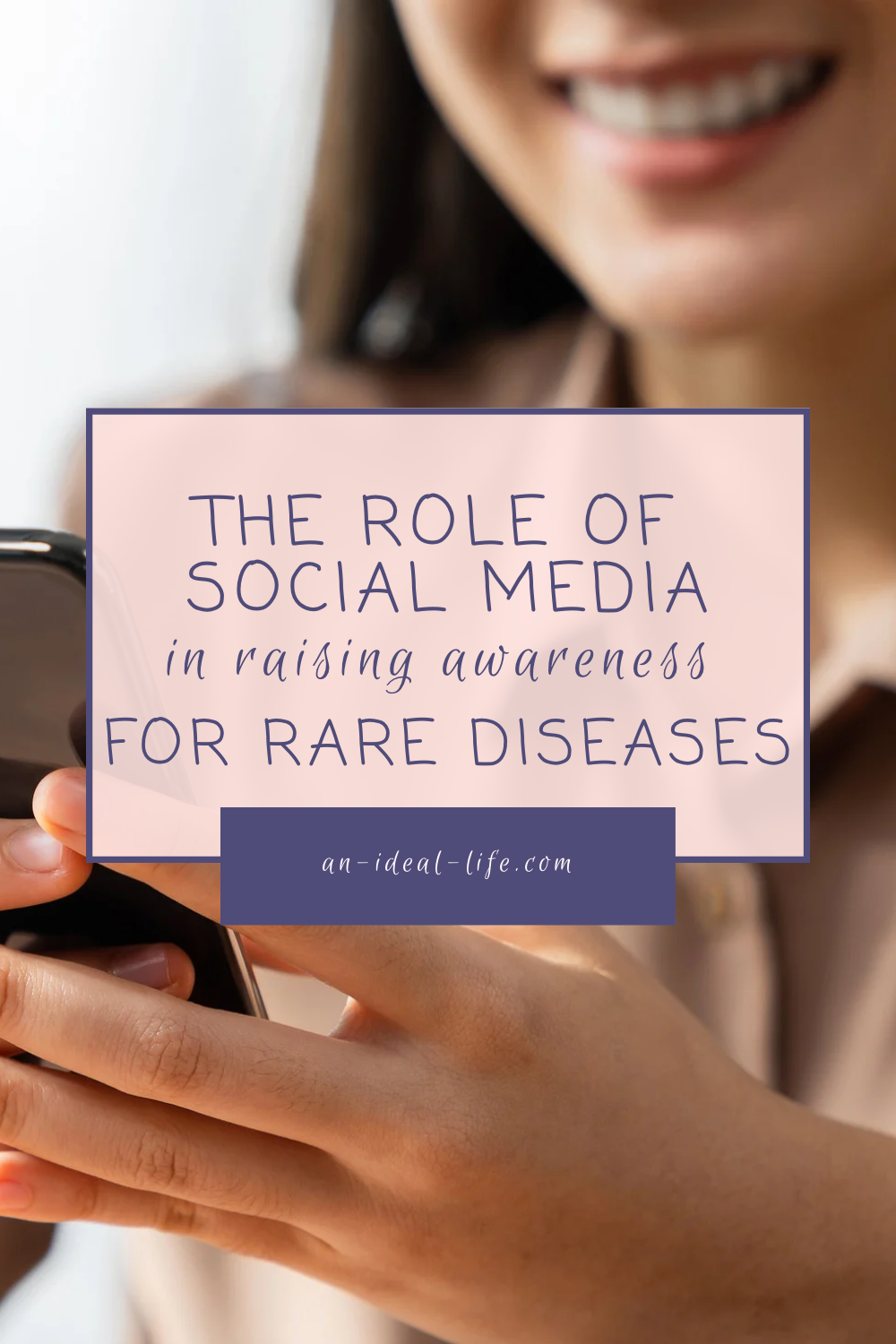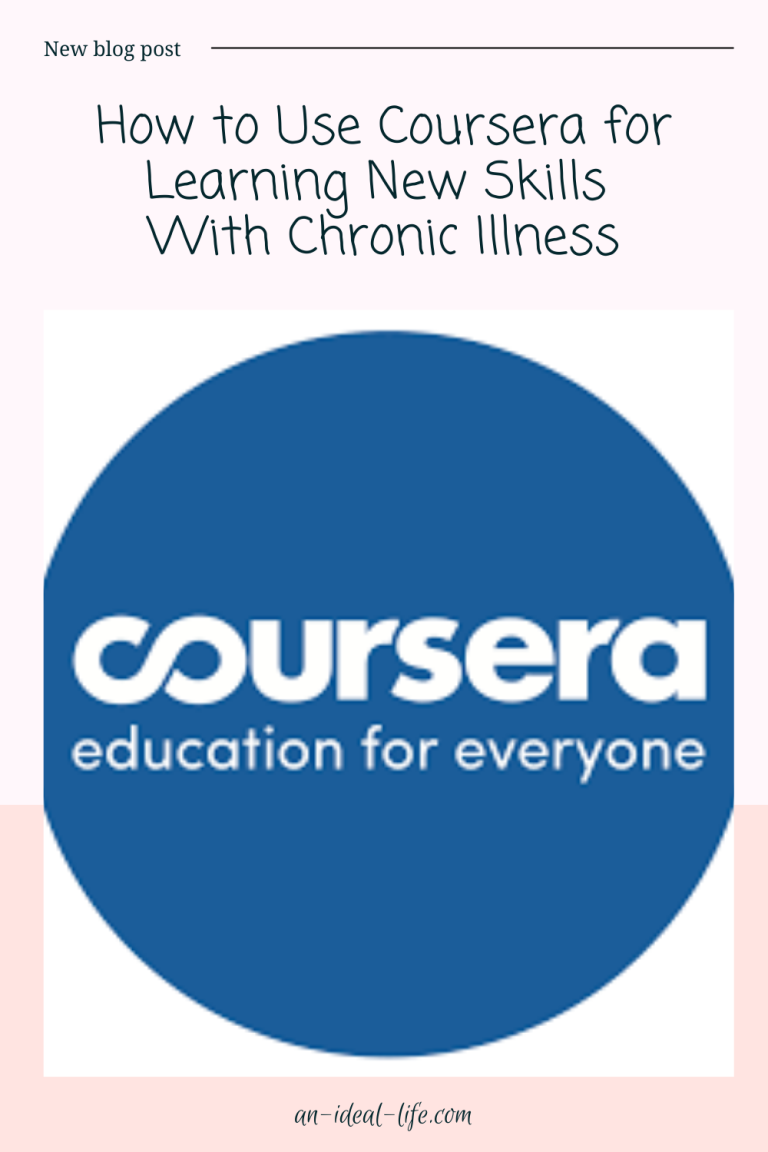The Role of Social Media in Raising Awareness for Rare Diseases
In today’s digitally connected world, social media has become an integral part of our lives, revolutionizing the way we communicate, share information, and connect with others. One significant area where social media has made a profound impact is in raising awareness for rare diseases. With their ability to reach a vast audience and facilitate meaningful conversations, social media platforms have become powerful tools for individuals, organizations, and communities in raising awareness for rare diseases.
One of my favorite examples of social media being used in raising awareness is Millions Missing Voice, a movement advocating for those with myalgic encephalomyelitis and other invisible illnesses. I’ve been following their Instagram page for some time now and am so impressed by the combination of relatable humor and informational resources!
Amplifying Personal Stories:
Social media platforms provide a space for individuals to share their personal experiences, a key component of raising awareness for rare diseases. These platforms offer an opportunity for people to break the silence and raise awareness by sharing their stories. By sharing their journeys, challenges, and triumphs, individuals can connect with others who may be facing similar experiences, fostering a sense of belonging and validation.
Personal stories shared on social media have the power to create empathy and understanding among a wider audience. Through the reach of social media, individuals living with rare diseases can transcend geographical boundaries and cultural barriers. This broad exposure allows their stories to resonate with people from diverse backgrounds, generating awareness and promoting a more compassionate society.
Moreover, personal stories shared on social media humanize the experience of living with a rare disease. By providing glimpses into the daily lives and struggles of individuals, these stories dispel misconceptions and break down stereotypes. They showcase the resilience, strength, and determination of those living with rare diseases, inspiring others to see beyond the illness and appreciate the person behind it.
Have a personal story to share? Apply for our upcoming chronic illness-focused guest post series!
Building Communities and Support Networks:
Social media has the power to bring people together and create communities centered around living with and raising awareness for rare diseases. Online support groups, forums, and hashtags allow individuals to connect, share information, and provide emotional support to one another. These communities serve as safe spaces where people can find solace, guidance, and a sense of camaraderie, breaking the isolation that often accompanies rare diseases.
Within these communities, individuals can exchange tips, coping strategies, and resources, fostering a culture of knowledge-sharing and mutual support. Social media platforms enable real-time interactions, facilitating immediate responses to queries or concerns. This instantaneous connection can be especially valuable for individuals living with rare diseases who may face limited access to in-person support groups due to geographical constraints or mobility issues.
The supportive nature of online communities on social media also extends to caregivers, family members, and friends of those affected by rare diseases. These individuals can connect with others who understand their unique challenges and find solace in shared experiences. The support and understanding gained from these communities can alleviate feelings of isolation and provide a much-needed source of strength and encouragement.
Facilitating Education and Information Sharing:
Social media platforms serve as valuable educational resources, enabling individuals to access a wealth of information about rare diseases. Advocacy organizations, medical professionals, and individuals with lived experiences utilize social media to share accurate and up-to-date information about specific conditions, treatment options, research breakthroughs, and available resources. This access to information empowers individuals to make informed decisions about their health and seek appropriate support and care.
Why is learning about your rare disease so important?
Social media platforms provide a dynamic and interactive space for disseminating educational content and raising awareness for rare diseases. Text posts, infographics, videos, and live streams can effectively convey complex information in a digestible and engaging format. Furthermore, the interactive nature of social media allows individuals to ask questions, engage in discussions, and seek clarification from experts, fostering a learning environment that promotes understanding and empowerment.
Additionally, social media has facilitated collaborations between patients, advocacy groups, and researchers. It has allowed individuals to actively participate in research studies, clinical trials, and patient-driven initiatives. This collaborative approach harnesses the power of collective knowledge and shared experiences, driving advancements in the understanding and treatment of rare diseases.
Influencing Policy and Research:
Social media platforms have become powerful tools for advocating for policy changes and increased research funding for rare diseases. By organizing campaigns, sharing petitions, and mobilizing their communities, individuals and advocacy groups can raise their voices, demanding greater attention and support from policymakers and the medical community. The reach and influence of social media enable them to engage with a broader audience, garner public support, and drive change.
Through online activism, individuals can draw attention to the challenges faced by those living with rare diseases, highlighting the need for improved access to healthcare services, affordable treatments, and research funding. Social media platforms facilitate the sharing of advocacy messages, making it easier for individuals to participate in online petitions, contact their elected representatives, and join collective efforts aimed at influencing policy decisions that impact the rare disease community.
The collective impact of social media activism has been notable in raising awareness for rare diseases and promoting policy changes that benefit those affected by them. For instance, campaigns advocating for increased research funding have successfully attracted the attention of policymakers, resulting in greater allocation of resources to rare disease research. Social media also serves as a platform for highlighting legislative barriers and advocating for the implementation of supportive policies that improve the lives of individuals affected by rare diseases.
Challenging Stigma and Stereotypes:
Social media offers a platform to challenge stigmatizing narratives and misconceptions surrounding rare diseases. Individuals can use their voices to address the stigma associated with invisible illnesses and neurodivergent conditions. Through educational content, personal stories, and creative initiatives, they can increase understanding, empathy, and compassion in society, helping to create a more inclusive and supportive environment for those living with rare diseases.
By sharing their experiences, individuals can debunk myths, correct misinformation, and promote accurate representations of rare diseases. Social media allows for the dissemination of diverse narratives and perspectives, highlighting the complexity and individuality of each person’s experience with a rare disease. This not only combats stereotypes but also encourages the broader public to view rare diseases through a lens of empathy, fostering a more inclusive and accepting society.
Inspiring Empowerment and Self-Advocacy:
Social media can inspire and empower individuals to become active participants in their own healthcare journey. By providing access to information, resources, and peer support, social media platforms encourage self-advocacy and equip individuals with the tools necessary to navigate the complexities of the healthcare system. They can connect with others who have successfully advocated for themselves, learn from their experiences, and develop the confidence to voice their needs and concerns.
Furthermore, social media platforms offer opportunities for individuals to showcase their talents, skills, and achievements beyond their rare diseases. By sharing their creative pursuits, personal growth, and accomplishments, individuals can redefine their identities beyond their health conditions. This shift in narrative from illness to empowerment helps individuals regain a sense of agency and control over their lives, inspiring others in similar situations to do the same.

Social media has played a transformative role in raising awareness for rare diseases. It has provided a platform for individuals to amplify their personal stories, build communities, access information, advocate for change, challenge stigmas, and inspire self-advocacy. By harnessing the power of social media, we can continue to promote understanding, empathy, and support for those living with rare diseases. Moving forward, it is crucial to leverage the potential of social media platforms to create a more inclusive and compassionate society, where individuals with rare diseases receive the attention, care, and opportunities they deserve.
As the landscape of social media continues to evolve, it is important to address the challenges that come with it, such as misinformation and potential negativity. Responsible and ethical use of social media is paramount to ensure accurate information, respectful interactions, and a safe online environment for all. By leveraging the power of social media responsibly, we can collectively make a significant impact in raising awareness, fostering support, and driving positive change for the rare disease community.







